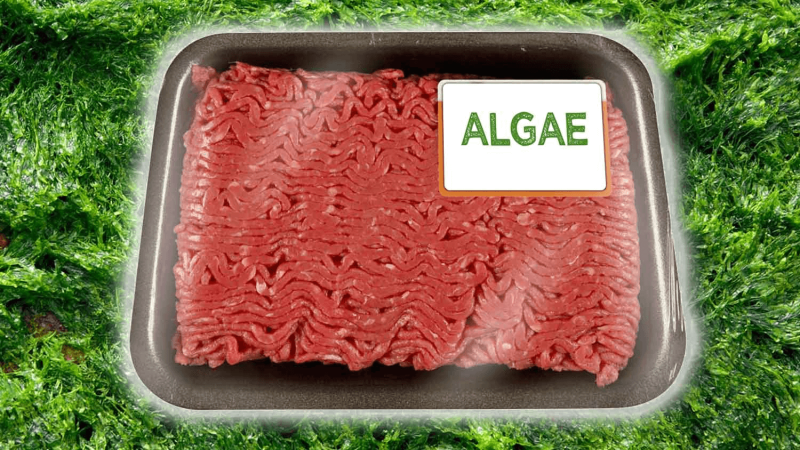Evidently, the need for alternatives to traditional meat and cheese has been a growing concern for health and the environment. Plant-based options have gained popularity as the vegetarian population grows.
However, achieving the desired texture has remained a challenge. Moreover, some plant-based proteins are less sustainable due to the large amount of resources used to process them.
Enter blue-green algae, specifically the non-toxic variety. Like their name suggests, cyanobacteria belong to the bacterial kingdom.
The University of Copenhagen’s study, led by Professor Poul Erik Jensen, demonstrates how cyanobacteria can act as host organisms for a new protein. Markedly, the protein organizes itself into fibrous strands resembling meat fibers by inserting foreign genes into these bacteria.
This development opens doors for applications in plant-based meats, cheeses, and other foods requiring specific textures.
…
Jensen envisions establishing “microalgae factories” like dairy production, where cyanobacteria cells could be harvested daily and incorporated directly into foods with minimal processing.
While the realization of protein strands from cyanobacteria is still in the future, the study offers a promising glimpse into sustainable and texture-rich food options. With innovations like this, we are paving the way for a more environmentally conscious future.































